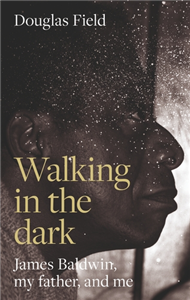Walker Books Ltd.
The Walker Books Group is one of the world’s leading creatively-led, independent publishers of books and content for children. This vibrant international group includes Walker Books UK, London; Candlewick Press, Somerville, Massachusetts; and Walker Books Australia, based in Sydney and Auckland. Renowned for its truly original publishing and outstanding quality, the Walker Books Group is home to books for readers of all ages.Award-winning authors and illustrators for the group include National Ambassador for Young People’s Literature emerita, Kate DiCamillo, M. T. Anderson, Patrick Ness, and Jon Klassen, and major brands for the group are Maisy, Guess How Much I Love You, Tilly and Friends, the widely acclaimed Judy Moody and the bestselling Where’s Wally/Waldo?
View Rights Portal




























